Filter by
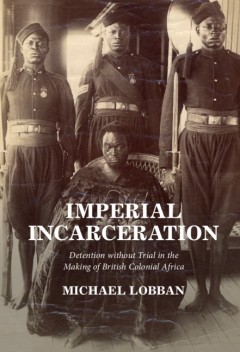
Imperial incarceration : detention without trial in the making of British col…
For nineteenth-century Britons, the rule of law stood at the heart of their constitutional culture, and guaranteed the right not to be imprisoned without trial. At the same time, in an expanding empire, the authorities made frequent resort to detention without trial to remove political leaders who stood in the way of imperial expansion. Such conduct raised difficult questions about Britain's …
- Edition
- -
- ISBN/ISSN
- 9781009004848
- Collation
- xii, 450p.
- Series Title
- Studies in legal history
- Call Number
- 345.960231 LOB i
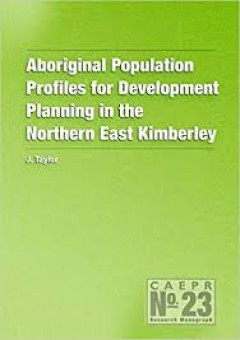
Aboriginal population profiles for development planning in the Northern East …
Aboriginal australians; Western australia; Kimberly; Population; Economic conditions; Social conditions
- Edition
- New ed.
- ISBN/ISSN
- 1920942084
- Collation
- xviii, 126 p. : map ; 24 cm.
- Series Title
- -
- Call Number
- 305.8991509414 TAY a
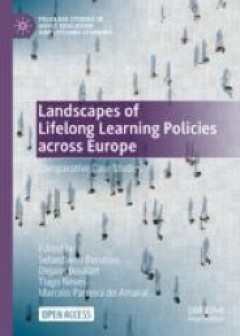
Landscapes of Lifelong Learning Policies across Europe
This open access book explores different landscapes of Lifelong Learning policies (LLP), producing case-based examinations of their institutional, discursive, and relational dimensions. Across Europe, young people develop their life courses amidst diverse living conditions and are confronted with a variety of institutional and structural arrangements that impact on their opportunities in educat…
- Edition
- -
- ISBN/ISSN
- 9783030964542
- Collation
- viii, 259 p, ; ill
- Series Title
- Palgrave studies in adult education and lifelong learning
- Call Number
- 374.94 l
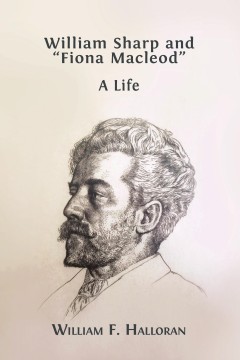
William sharp and “fiona macleod : a life
William Sharp (1855-1905) conducted one of the most audacious literary deceptions of his or any time. A Scottish poet, novelist, biographer, and editor, he began in 1893 to write critically and commercially successful books under the name Fiona Macleod who became far more than a pseudonym. Enlisting his sister to provide the Macleod handwriting, he used the voluminous Fiona correspondence to fa…
- Edition
- -
- ISBN/ISSN
- 9781800643284
- Collation
- xvii, 451p.
- Series Title
- -
- Call Number
- 828.809 HAL w
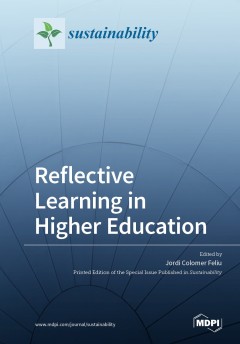
Reflective Learning in Higher Education
This book on ‘Cooperative Learning in Higher Education’ addresses the development of both reflective teaching and learning in higher education to promote sustainable education in several disciplines where reflection is at the core of sustainable development. The book explores reflection within higher education and/or within instructional approaches to higher education, not only via in-house…
- Edition
- -
- ISBN/ISSN
- 9783039365920
- Collation
- ix, 170p. : ill,
- Series Title
- -
- Call Number
- 378.125 JOR r
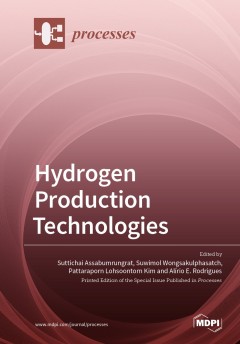
Hydrogen Production Technologies
Hydrogen has been an important feedstock for various industries, and its global market is already valued at hundreds of billions of dollars per year. It is also playing additional roles as a clean alternative energy carrier for power generation and as a crucial feedstock in the bioeconomy. This Special Issue “Hydrogen Production Technologies” highlights different thermochemical, electrochem…
- Edition
- -
- ISBN/ISSN
- 9783039436682
- Collation
- vii, 174p. : ill,
- Series Title
- -
- Call Number
- 665.81 HYD h
A Lexicon of Medieval Nordic Law
A Lexicon of Medieval Nordic Law' is an indispensable resource for scholars and students of medieval Scandinavia. This polyglot dictionary draws on the vast and vibrant range of vernacular legal terminology found in medieval Scandinavian texts – terminology which yields valuable insights into the quotidian realities of crime and retribution; the processes, application and execution of laws; a…
- Edition
- -
- ISBN/ISSN
- 9781783748174
- Collation
- 558p,: iil
- Series Title
- -
- Call Number
- 349.48090203 ALE
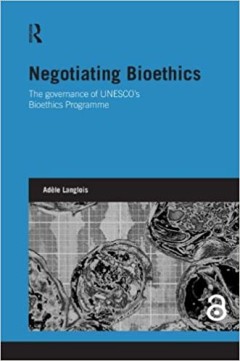
Negotiating bioethics: the governance of UNESCO's bioethics programme
The sequencing of the entire human genome has opened up unprecedented possibilities for healthcare, but also ethical and social dilemmas about how these can be achieved, particularly in developing countries. UNESCO's Bioethics Programme was established to address such issues in 1993. Since then, it has adopted three declarations on human genetics and bioethics (1997, 2003 and 2005), set up nume…
- Edition
- -
- ISBN/ISSN
- 9780203101797
- Collation
- xvi, 192 p.
- Series Title
- -
- Call Number
- 174.2 ADE n

Beyond barrows: current research on the structuration and perception of the p…
Europe is dotted with tens of thousands of prehistoric barrows. In spite of their ubiquity, little is known on the role they had in pre- and protohistoric landscapes. In 2010, an international group of archaeologists came together at the conference of the European Association of Archaeologists in The Hague to discuss and review current research on this topic. This book presents the proceedings …
- Edition
- -
- ISBN/ISSN
- 9789088901089
- Collation
- 279 p. : ill.
- Series Title
- -
- Call Number
- 930 BEY b
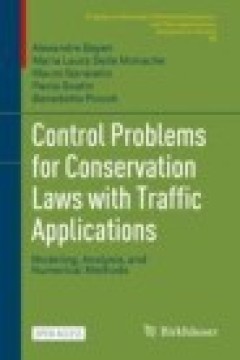
Control problems for conservation laws with traffic applications
Conservation and balance laws on networks have been the subject of much research interest given their wide range of applications to real-world processes, particularly traffic flow. This open access monograph is the first to investigate different types of control problems for conservation laws that arise in the modeling of vehicular traffic. Four types of control problems are discussed - bound…
- Edition
- 1st
- ISBN/ISSN
- 9783030930158
- Collation
- xvii, 227p, ; ill
- Series Title
- -
- Call Number
- 512.94 CON c
 Computer Science, Information & General Works
Computer Science, Information & General Works  Philosophy & Psychology
Philosophy & Psychology  Religion
Religion  Social Sciences
Social Sciences  Language
Language  Pure Science
Pure Science  Applied Sciences
Applied Sciences  Art & Recreation
Art & Recreation  Literature
Literature  History & Geography
History & Geography